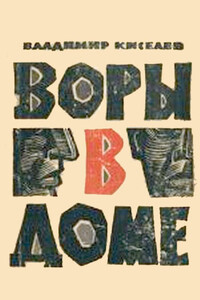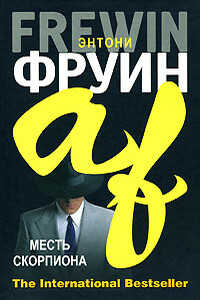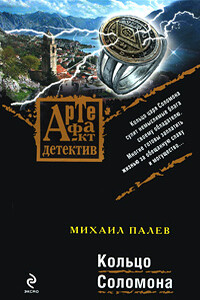Murder at Cape Three Points | страница 77
“Yes, I see what you mean,” Dawson agreed, reflecting on all Eileen had been telling him. Clearly she relished talking, thinking, and wondering about her family history. Not everyone did. Dawson himself was not well versed in the details of his own past.
“Can I meet your father?” he asked her.
“Of course you can.”
As they walked to the bedroom, Dawson again caught sight of the textbook on witchcraft. He picked it up. “I noticed this when I came in. Another area of interest for you?”
She nodded. “Yes.”
Dawson flipped through the pages. “Do you believe in witchcraft?”
“Yes,” she said, cocking her head, “but it’s like magic. Most magic is tricks. Only a rare instance is true magic.”
Dawson thought about his investigation about two years ago in a village called Ketanu, where the death of a female medical student had been ascribed to witchcraft.
“What about Charles’s death?” he asked Eileen. “Witchcraft?”
She shook her head. “No.”
“Why not?”
She stuck out her lower lip in thought. “Too tangible,” she said finally. “A good witchcraft death is subtle and mysterious-as if a physical hand never touched the victim. That’s because the death takes place originally in the astral realm where the witches go at night.”
Dawson nodded in understanding. He’d had his lessons on witchcraft in Ketanu. “What about human sacrifice?”
Now Eileen looked troubled. “Perhaps. They removed his tongue and his eye. Bad signs of ritual.”
“You said ‘they.’ Who are ‘they’?”
She stared at him. “Would you like to know what I honestly believe?”
“Yes, I would.”
“Cardiman wants his business to continue to prosper without any external interference from the likes of Malgam Oil and so do the fishermen. I think he paid two or more fishermen to kill my brother. In murdering him, they chose to make it a human sacrifice, or at least make it seem so. I believe you will find the answer to this crime at Cape Three Points.”
Chapter 15
EILEEN SHOWED DAWSON INTO the bedroom she shared with her father. Sitting in a rusty wheelchair behind a small table, he was a tiny man laid waste by dementia and immobility. He was completely bald, his scooped-out temples betraying how malnourished he was. The house girl was trying to persuade Simon, who was now almost toothless, to eat some akasa, a porridge made from fermented corn, but like a stubborn child, he wasn’t having any of it.
He looked at Eileen and in Fante said, “Who are you? You can’t build anything here, by order of the Sekondi-Takoradi Metropolitan Assembly.”



